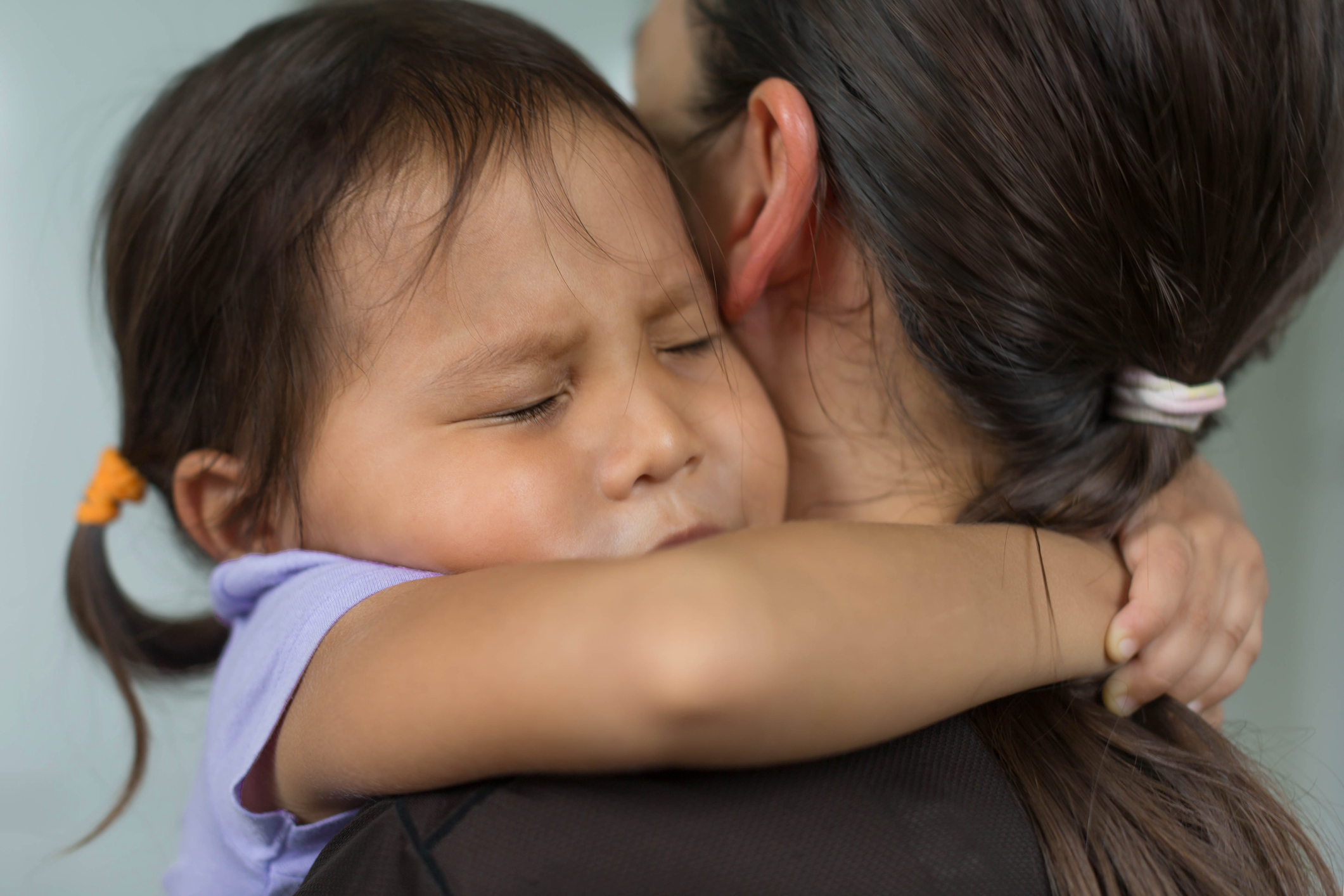The International Human Rights Law Clinic (IHRLC) offers student attorneys the opportunity to represent non-U.S. citizens and organizations working to defend the human rights of non-U.S. citizens in a broad range of settings, including regional and international bodies, U.S. federal and state courts, and immigration court. Over the past year, IHRLC has been working on a number of diverse projects.
International Human Rights Law Clinic: Fall 2021 Updates

Family Separation Litigation. The International Human Rights Law Clinic (IHRLC) represents four families harmed by the President Trump Administration’s “zero tolerance” family separation policy. For over two years, the Clinic has worked in collaboration with a legal consortium to challenge the prior Administration’s family separation policy and practices. Operationalized first as a pilot program in 2017 and officially for several months in 2018, the objective of zero tolerance was to deter migrants from entering the United States without authorization by separating parents from their children at the border. As a result, the prior Administration separated at least 3,900 and likely as many as 5,636 migrant families. The parents and children represented by the IHRLC were detained thousands of miles apart, the parents were deported months before their children were returned to them, and in one case a family remains separated after more than four years. Each family has experienced ongoing trauma, both the parents and their children, resulting from the separation. IHRLC student attorneys have filed Federal Tort Claims Act (FTCA) complaints and humanitarian parole applications on their behalf, in most cases after traveling aboard or within the US to meet their clients in person to obtain evidence and their testimonies.

Other Litigation. Many IHRLC student attorneys’ litigation matters involve representation of asylum seekers in the U.S. immigration system. Over the last three years, including the continuation of this representation during the COVID-19 pandemic, student teams have won asylum for twelve individual clients and their families before the asylum office or immigration court. The other significant litigation that IHRLC students engage in is to hold the United States accountable for solitary confinement, the death penalty, and citizenship rights before the Inter-American Commission on Human Rights (IACHR). In 2020, the IACHR issued a favorable merits decision and two admissibility decisions on three of the Clinic’s long-standing petitions against the United States for violating regional human rights obligations. The IACHR admissibility decisions on the IHRLC petitions constituted 20% of the total number of cases the IACHR admitted against the United States that year.

Environmental Justice. The IHRLC is engaged in two projects related to environmental justice. The first is with Minority Rights Group International (MRG) to shed light on the flaws on the United Nation’s Post-2020 Global Biodiversity Framework, which calls for 30% of Earth’s land and sea areas to be under conservation by 2030. Known as the “30 by 30” plan, its focus on creating new protected areas sets a scenario for mass evictions and other human rights abuses against Indigenous and land-dependent communities. IHRLC student attorneys are collaborating with MRG to develop a policy paper and further advocacy to ensure that Indigenous and other minority communities’ rights are protected while also protecting the world’s land and water.
The other project is a collaboration with EarthJustice to advance its advocacy exposing migration detention facilities built and/or operated on toxic sites. IHRLC student attorneys are gathering information from former detainees about the potential exposure to toxic chemicals, pesticides, and other environmental hazards during their detention. The objective of the project is to advocate for the closure of facilities that expose detainees to environmental hazards that harm their long-term health and welfare.